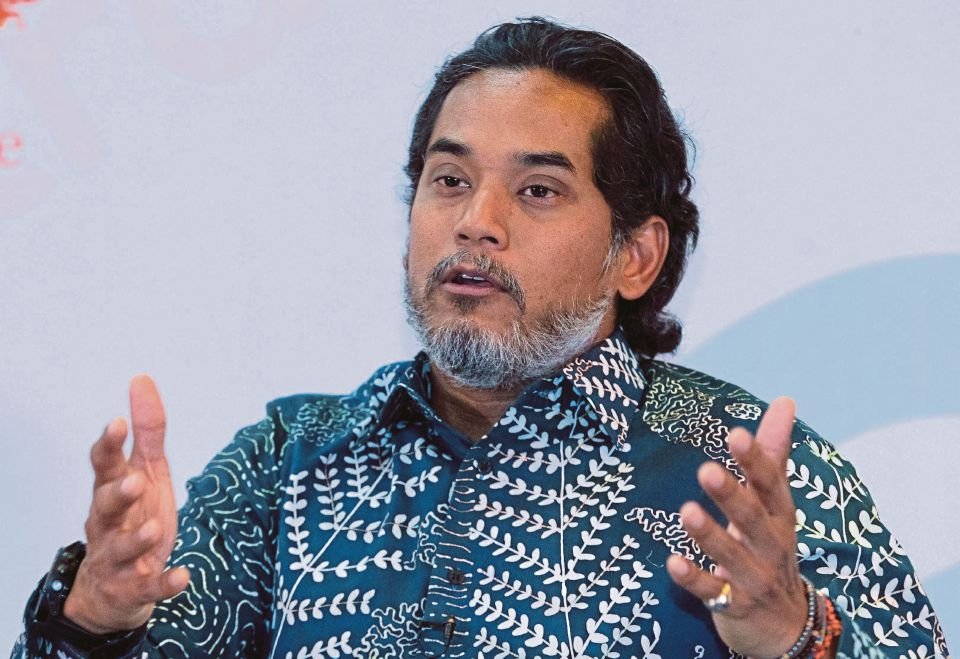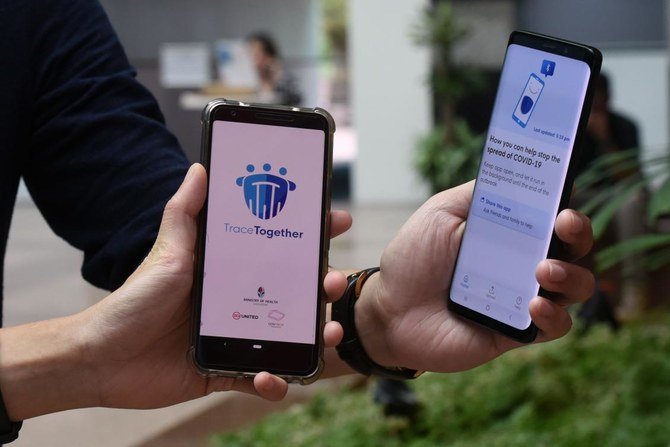A New App Is Being Built To Track Close Contacts Of COVID-19 Patients In The Country
Khairy said the launch of such an application has made Singapore successful in contact tracing.
The government is preparing a smartphone application that can track the contacts of COVID-19 patients in an effort to curb the outbreak
According to New Straits Times, this was announced by Science, Technology, and Innovation Minister Khairy Jamaluddin during an online forum titled Adapting to the COVID-19 Challenge which was organised by his ministry yesterday, 26 March.
He said Singapore had launched a similar application, and they have been regarded as one of the most successful countries in terms of contact tracing.
"When a positive case occurs, they can see the movement (of the individual) and warn others close to the patient to go for testing," Khairy said.
"And I can announce that Malaysia is also preparing such an application."
In Singapore, the TraceTogether app was launched on 20 March
The app can identify people who have been within two metres of COVID-19 patients for a duration of at least 30 minutes.
As explained by CNA, these encounters are detected by wireless Bluetooth technology and records made will be stored locally in users' phones, not sent to the authorities.
These records are only shared when users are contacted by the Ministry of Health as part of contact tracing investigations.
Developed by the Government Technology Agency (GovTech) and the Singapore Health Ministry, the app is useful when infected people cannot recall who they have approached.
Currently, contact tracing in Malaysia relies on the memory of patients, which has been subject to error as some interviewees could not remember all of their contacts or did not have information about the people they had been in contact with.
Governments across the world are introducing new measures to track people in an effort to curb the spread of COVID-19
According to Business Insider, 10 other countries have started tracking phone data at various degrees of invasiveness, including South Korea, Taiwan, Israel, Austria, Poland, Belgium, Germany, and Italy.
While Singapore's app is being offered voluntarily, some governments have gone a step further to enforce their technological surveillance - South Korea is providing a publicly available map of COVID-19 patients for its citizens to track while Poland is making people send selfies to prove they are in home quarantine, or warrant a police visit if they do not reply in 20 minutes.
However, data science expert Mahendhiran Sanggaran Nair of Monash University told New Straits Times that the launch of this application should not concern Malaysians who are worried about privacy infringements, as long as it is strictly regulated.
"I think (it's important) to educate the public on how data is being used and also have a regulatory framework about who can see this and who can use it."

